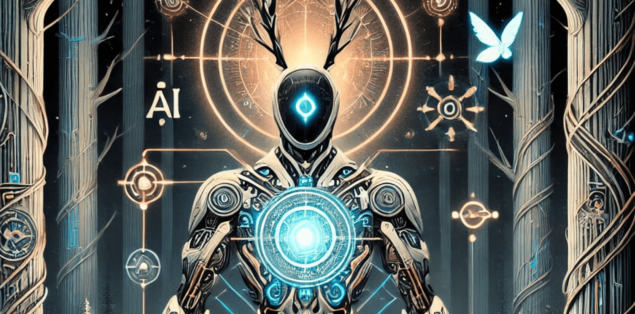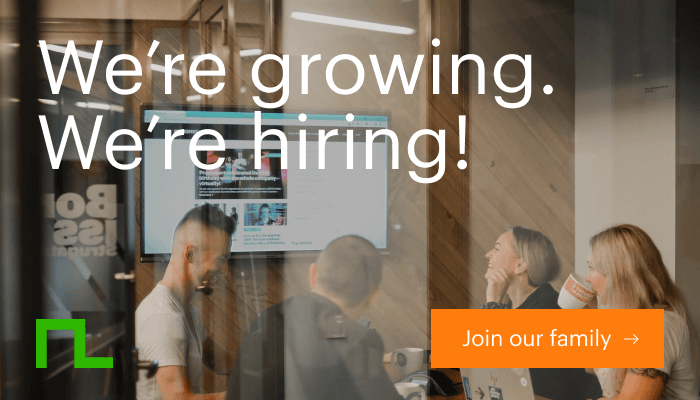Proeksperts hosts its own AI-themed hackathon
The development of AI-based products and tools are all the rage right now. Proekspert organized an internal hackathon with the goal of better understanding how we might benefit from these tools in our everyday work. On January 12, eight teams went to work and then shared their results. But let’s start at the beginning.
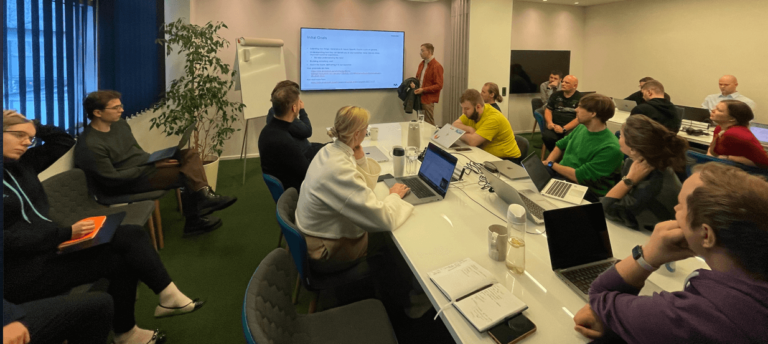
The goal of the hackathon was:
- Learning: Which AI tools are on the market and how should we use them? We were interested in how to leverage the large variety of services on offer – not just those of interest to software developers. What new ways of doing things might cloud solutions offer us?
- Adapting and measuring: We wanted a deeper understanding (with measurable results!) of how these impact our current work. How much faster could we deliver what we offer? What could be (almost) entirely automated?
- Delivery: Based on what we learned, could we build something useful? Perhaps take an idea to the proof-of-concept stage, whether for personal, internal, or perhaps external use.
Since this field is broad and there are many different ways to tackle a problem, we turned to Proekspert employees to help decide what our focus would be. We agreed that ideal results would be:
- Increased know-how of AI tools and their possibilities.
- A similar understanding of the solutions that are already out there and how those add value to the services we offer and benefit our customers.
- Measurable numbers and other data-based results that express the opportunities data provides. If you can start up a project three times faster, or if you can save 40% of your time writing unit tests, for example, would be desirable results.
The event
On January 12, over 30 AI enthusiasts gathered to learn, explore, and develop a variety of AI topics. Proposed topics ranged from how Copilot could save us time in using SQL, using AzureAI to do a brief analysis of code, to wanting to understand whether AI is good enough to replace human translators for ESG data management.
The agenda was packed, and after the presentation of ideas, the teams gathered, and the work began. In between, teams convened to present overviews and ask for help if needed. In the late evening, teams presented their work.
As a result of a vote, the hackathon team, “Languages and AI,” won our competition with their goal of estimating the accuracy of translations done by two AI tools: LibreTranslate and OpenAI Azure. OpenAI Azure won this one handily, providing an accuracy of 76% initially and, once a bit of context was added, an accuracy of 93% as validated by our resident Italian Michele. You can read more in here.
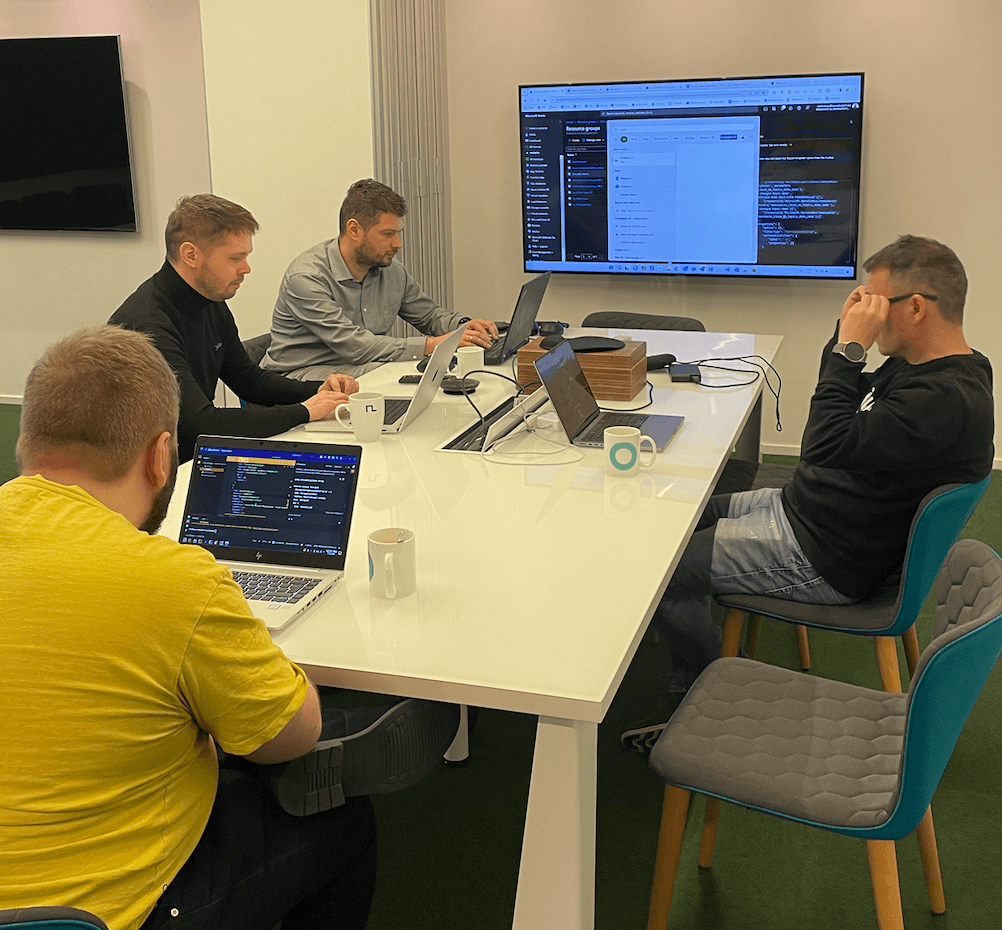
General takeaways
We discovered that AI is already a big help in business, capable, for example, of generating data, code, tests, and composing emails. It is very important how and what you ask (prompts) and the more precise, the better. AI is not yet able to understand business calculations which require specific models. It is not yet able to always write code that would fully compile, and some required functionality can be missing from the code as well. However, AI is an efficient assistant that is developing very rapidly.
One of the teams focused on creating customer support reports with dummy data and AI-generated visuals in Power BI. The main findings were:
- OpenAI ChatGPT 4 is best at generating dummy data and visuals based on data, versus Bard, Proekspert MiltonAI, ChatGPT 3.5, and Microsoft Copilot.
- Power BI automatic report generation did not produce logical results.
- All AI chats can be used to generate DAX calculations, M, Python, R, SQL queries.
- This can cut the time of development by around 50 percent or more.
- Some basic knowledge of data analysis is good but is not mandatory.
- Most important is to have an understanding of business and data to ask the right questions.
Another team tested how to use AI Tools such as Github Copilot, GPT-engineer and Chat-GPT when creating a proof of concept. Their findings were as follows:
- Android project
- Using GitHub Copilot in Android Studio does not significantly speed up code writing. However, using Chat GPT 4 leads to much better outcomes.
- GPT-engineer is not good enough for generating android projects. It can modify existing projects, but needs more learning.
- Auto-generating a full project with AI is a complex task.
- Using AI tools to solve smaller tasks can make the development process faster.
- Visual Studio
- GitHub Copilot integrates well enough with Visual Studio (since 2022). But there are some limitations, like generating new source files and adding them to a project. Some steps are easier to make manually.
What’s next and how do we proceed
It’s certainly necessary to continue working on this topic. The speed of development in AI is illustrated by the fact that a year ago we couldn’t use ChatGPT at work. Today, we also have Milton, our internal Azure OpenAI based assistant whom we make use of in our day-to-day work. We will definitely continue to use Milton, and aim to make him even more convenient and reliable. In the future, we hope to have Milton be able to provide up-to-date information about our projects and be able to answer any questions about Proekspert’s internal processes, reducing the amount of time lost browsing internal wikispaces.
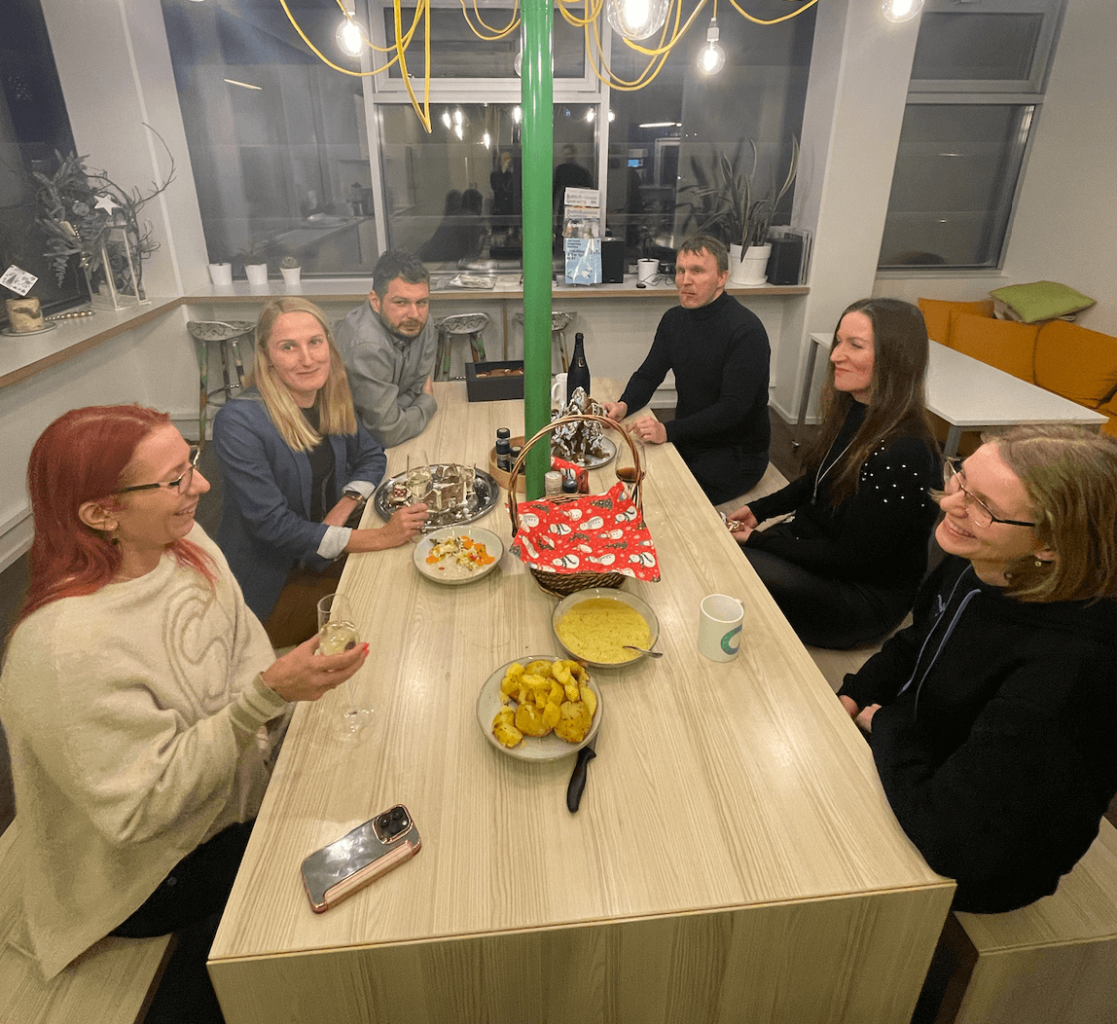
To sum up
Stay curious – The field of AI is currently advancing at an accelerated pace. It will inevitably slow down, but it’s crucial for us to keep up with the broader developments and pick out the focus areas that benefit us (and you!) the most.
Stay hungry – We should not just observe but also participate, seizing new opportunities that come our way. Whether they’re simple code completion tools or more complex AI-based solutions, we should always strive to make the best use of them, maximizing the value we deliver.
Stay hydrated – Just as our bodies need water to function optimally, AI systems, like ChatGPT, need data and continual learning to perform at their best. Feeding quality data to AI data is like staying hydrated: it keeps the system energized, efficient, and ready to tackle the challenges of the digital world.
Created by Martin Bürkland (Product Owner) and Risto Rõõmus (Delivery Lead)




